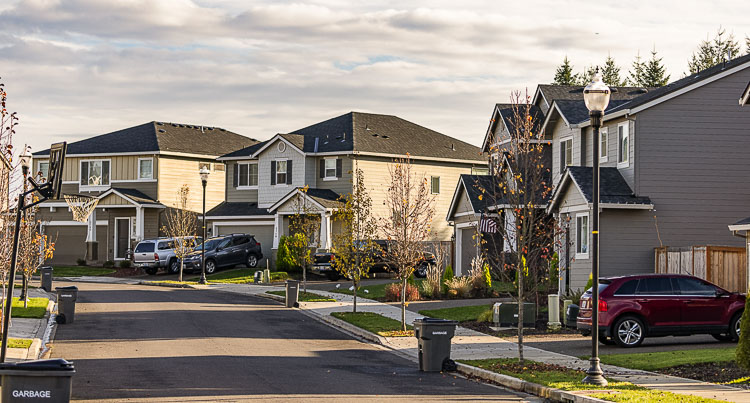When coupled with the increase projected in this year’s second-quarter forecast, the outlook for the state’s 4-year budget period is up nearly $6 billion since the 2021 session ended in April
VANCOUVER — Despite the ongoing pandemic, Washington state government’s third-quarter revenue forecast indicates a gain of $927 million for the current two-year budget cycle and $931 million for the 2023-25 cycle. The forecast was adopted today by the state Economic Revenue and Forecast Council (ERFC).

When coupled with the increase projected in this year’s second-quarter forecast, the outlook for the state’s 4-year budget period is up nearly $6 billion since the 2021 session ended in April.

Sen. Lynda Wilson, who serves on the ERFC as Republican leader on the Senate Ways and Means Committee, said legislators need to turn the gain into good news for Washington homeowners.
“This year the people have been hit with an unconstitutional state income tax and regressive new taxes disguised as climate policies. The majority’s payroll tax is coming in January, and a big package of new transportation taxes and fees could emerge at any moment. There are 22 more taxes now than there were three short years ago. It’s been all ‘take’ and no ‘give.’
“Instead of spending this windfall on special interests, as the Legislature tends to do, let’s put the interests of homeowners first and lower their taxes for once. I invite my Democrat colleagues to look at our proposal to exempt the first $250,000 of assessed value from state property taxes. This exemption can be done without jeopardizing state services, and every homeowner would see a smaller tax bill. The average Washington homeowner would see their state property taxes fall by roughly half, and those who own homes with an assessed value of $250,000 or less would see that tax disappear completely.
“I realize the pandemic numbers have been going in the wrong direction, and we need to be cautious, but this tax relief would fit easily within the anticipated revenue. There would still be a cushion for the state, and the people would finally get to keep more of their own money.”




